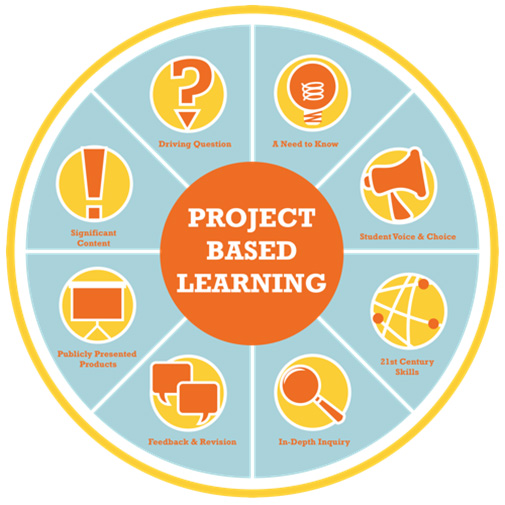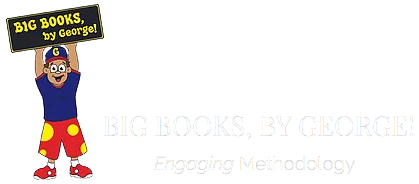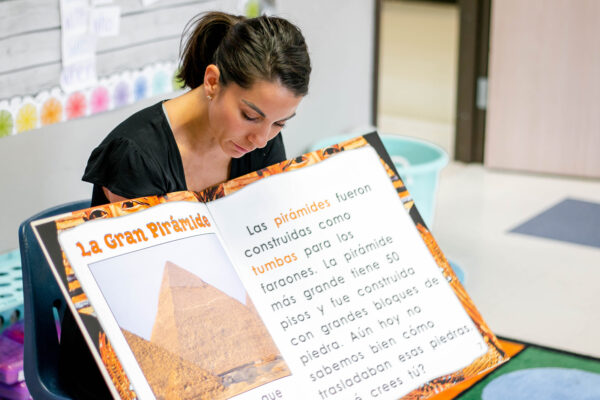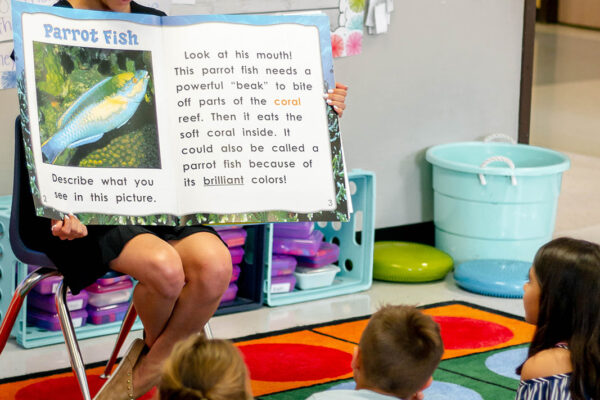Project-based Learning promotes social-emotional well-being in the classroom
There has been a lot of attention surrounding Project- based Learning in the classroom for kindergarten through high school grades. Which is fantastic, because it spurs research to evaluate whether it truly holds value in the classroom for improving test scores, and also for improving other measurable standards, like social- emotional learning. More and more recent studies conclude that project-based learning is indeed more beneficial for children of all socio-economic backgrounds, all skill levels, and all grade levels.

What is Project-based Learning?
So, what is project-based learning? A simple explanation is the use of interactive projects to engages students in order to embolden a deeper understanding of content and skills. For example, this first grade classroom was learning about the letter “F”, which soon stood for “frog”, and more specifically, the school’s local yellow-legged frog which was in need of saving. Through community engagement, the teacher created a project to bolster the understanding of the letter “F”, further integrated the Common Core standards required for learning letters and led her students to learning more lessons about local wildlife through real experts. The result? A huge increase in interest in the subject, compassion for the subject, and understanding of the subject.
Studies Confirm that Project-Based Learning Makes a Real Difference
Compassion and understanding are all well and good, but to be honest, teachers don’t always have time for that! BUT! New research indicates that making time just for those things through project-based learning leads to actual improvement in test scores. And that’s exactly what this study measured. Compiling data across 5 school districts (80% of them being lower socio-economic status), researchers found that AP testing scores improved 8% when measured against non-project-based learning classrooms, regardless of race, ethnicity, or socio-economic status.
And this study of third graders using Multiple Literacies Project-Based Learning (ML-PBL), designed to measure science knowledge, literacy engagement, math skills, and social-emotional learning concluded that learning science through projects resulted in a statistically positive effect on “social and emotional learning in science classes for the constructs of reflection and collaboration.” It also improved their science scores by 8%. In conclusion, the study aimed to support the idea that students can learn science and other standardized subjects while also learning to solve problems, make decisions, and learn independently.
Social-emotional learning, for the development of a child, their learning skills, and orientation toward their environment is paramount, not only for a successful education, but for more equitable outcomes for children in school (more on that in another blog post!). Project-based learning is an ideal solution for incorporating intentional social-emotional learning in the classroom.
We are excited to hear about how your school district implements Project-based Learning! And if you need somewhere to start, check out some of our non-fiction books that are sure to spur some questions and deeper thought!




